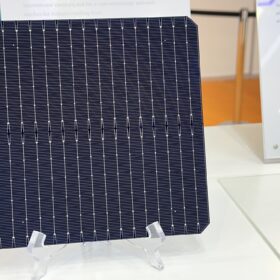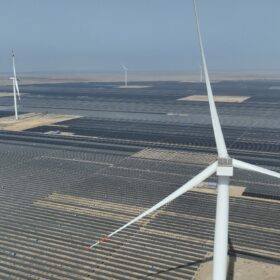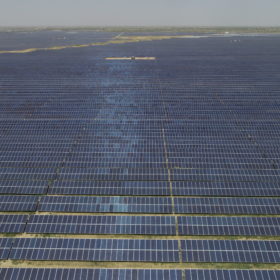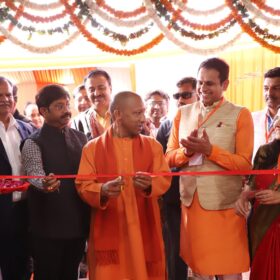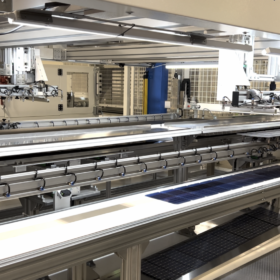The roundtable discussion witnessed expert insights on sustainable transportation by A.K. Jindal (Tata Motors), Mahesh Babu (Mahindra Electrics) and Samir Kumar (Inventus Capital) to name a few.
Speaking on the event, Deepesh Agarwal, co-founder and CEO of Move-in-Sync said, ‘‘We believe EVs is the near future of transport technology and this reflects in the second phase of the FAME India policy that was recently approved by the Union Cabinet. This will give further impetus to the adoption of electric vehicles, especially in the commercial sector where we operate. While we are gradually introducing electric vehicles in the corporate transportation space, we believe our expertise combined with Prof. Ashok Jhunjhunwala’s far-reaching insights will define a compelling case through this whitepaper. Further, the roundtable discussion is aimed at engaging with the best minds in the industry to steer India in a positive direction towards sustainability. We look at deepening our relationship with these experts and look forward to continue redefining the office commute ecosystem.”
Electric mobility would contribute towards reducing the nation’s carbon emission, leading to lower pollution levels in cities by 80% to 90% and curtail 10% of India’s oil imports forecast for 2030. Today, Karnataka has emerged as the front runner in this sector and is determined to play a critical role in EV penetration in the country. This is in sync with the Prime Minister’s 7C vision on Future Mobility in India – common, connected, convenient, congestion free, charged, clean and cutting edge. Hence, industry experts recommend that market creation and adoption, creating scale for Make in India, domestic manufacturing of vehicle components and batteries, skill development, the integration of renewable energy into the charging infrastructure as well as measures for cost reduction are some areas that can be evaluated.
Speaking on the whitepaper, EV expert Prof. Ashok Jhunjhunwala said, “With a greater focus on R&D, India’s transport can become all electric by 2030. There is a need for innovative alternative solutions for electric vehicle technology adoption with the application of the Internet of Things (IoT) to get the maximum out of batteries. The reduction of battery sizes, weights and costs and splitting battery into smaller sizes for the switch-over with more focus on R&D will help the country achieve its goals in sustainable transport. One size fits all strategy does not hold well in the case of electric vehicles as the vehicle composition is different in India owing to the preponderance of public transport and low-cost vehicles. To document our understanding and findings in this whitepaper has been an eye-opener and we look forward to creating a clear framework for India’s national agenda.”

